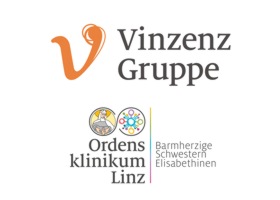Inflammatory Bowel Disease and Risk of Major Bleeding During Anticoagulation for Venous Thromboembolism.Tools Scharrer, Susanna und Primas, Christian und Eichinger, Sabine und Tonko, Sebastian und Kutschera, Maximilian und Koch, Robert und Blesl, Andreas und Reinisch, Walter und Mayer, Andreas und Haas, Thomas und Feichtenschlager, Thomas und Fuchssteiner, Harry und Steiner, Pius und Ludwiczek, Othmar und Platzer, Reingard und Miehsler, Wolfgang und Tillinger, Wolfgang und Apostol, Sigrid und Schmid, Alfons und Schweiger, Karin und Vogelsang, Harald und Dejaco, Clemens und Herkner, Harald und Novacek, Gottfried (2021) Inflammatory Bowel Disease and Risk of Major Bleeding During Anticoagulation for Venous Thromboembolism. Inflammatory bowel diseases. ISSN 1536-4844 Für diesen Eintrag wurde kein Volltext-Dokument angefügt.
|
||||||||||||||||
|
|
|
|


 Tools
Tools Tools
Tools